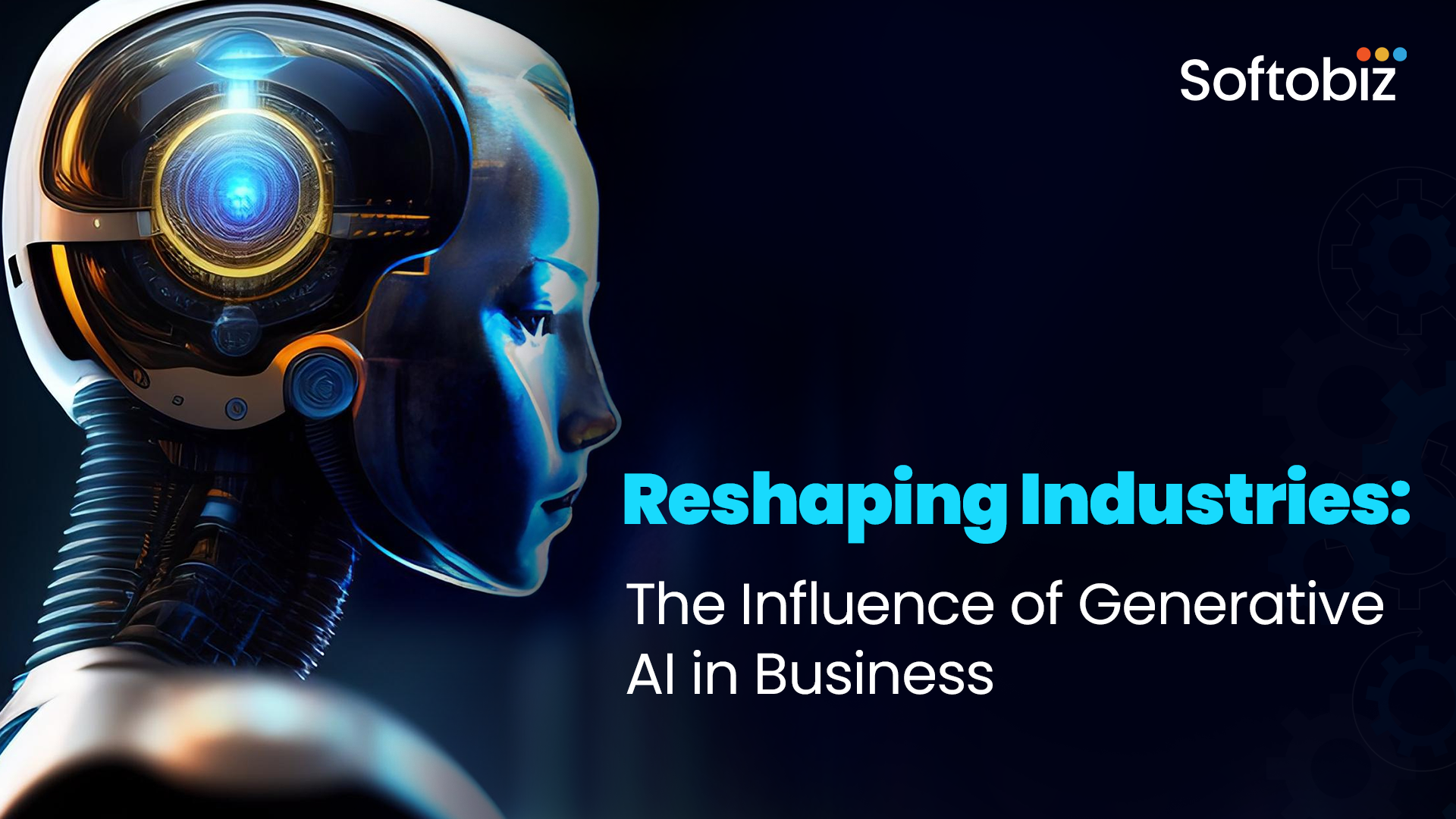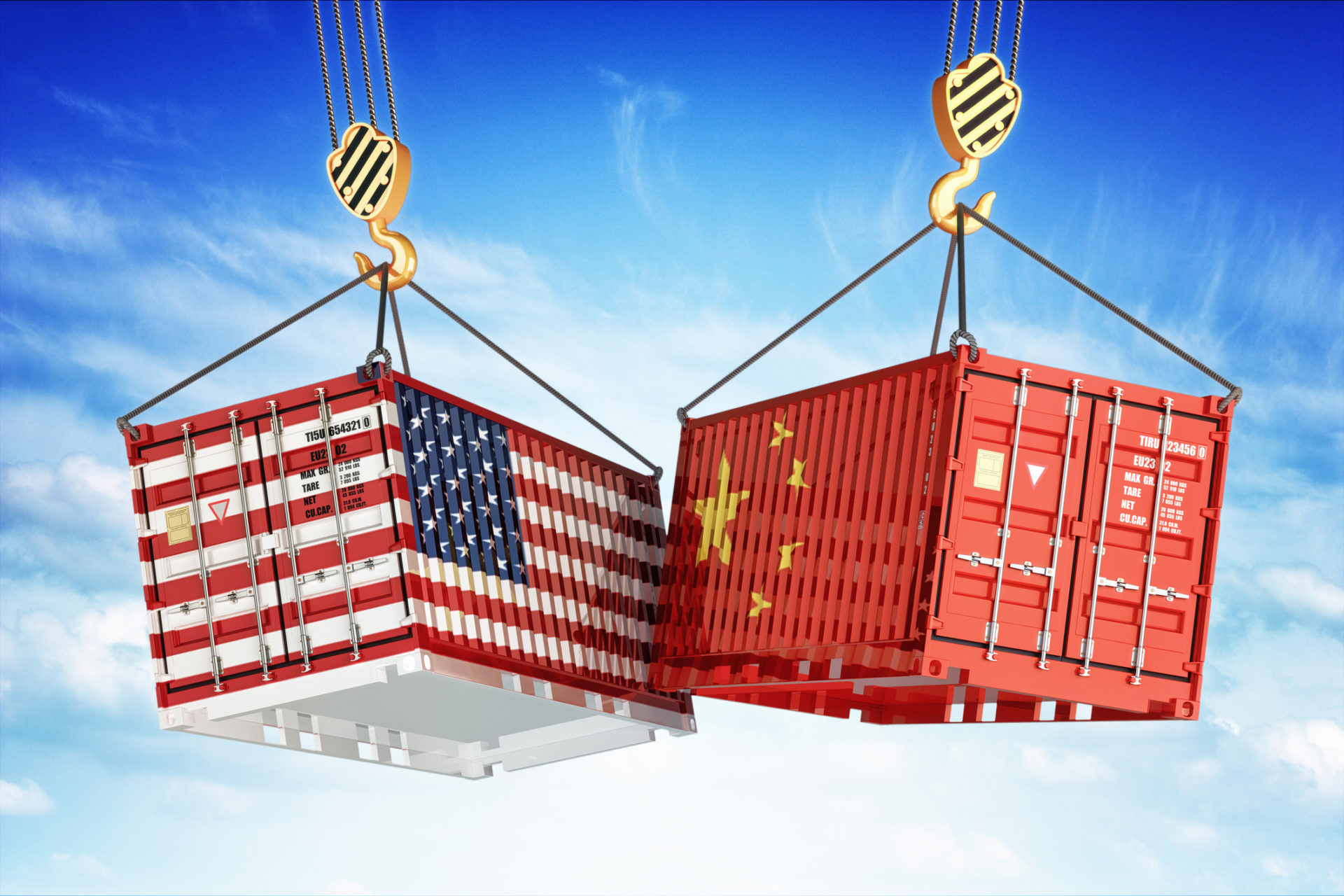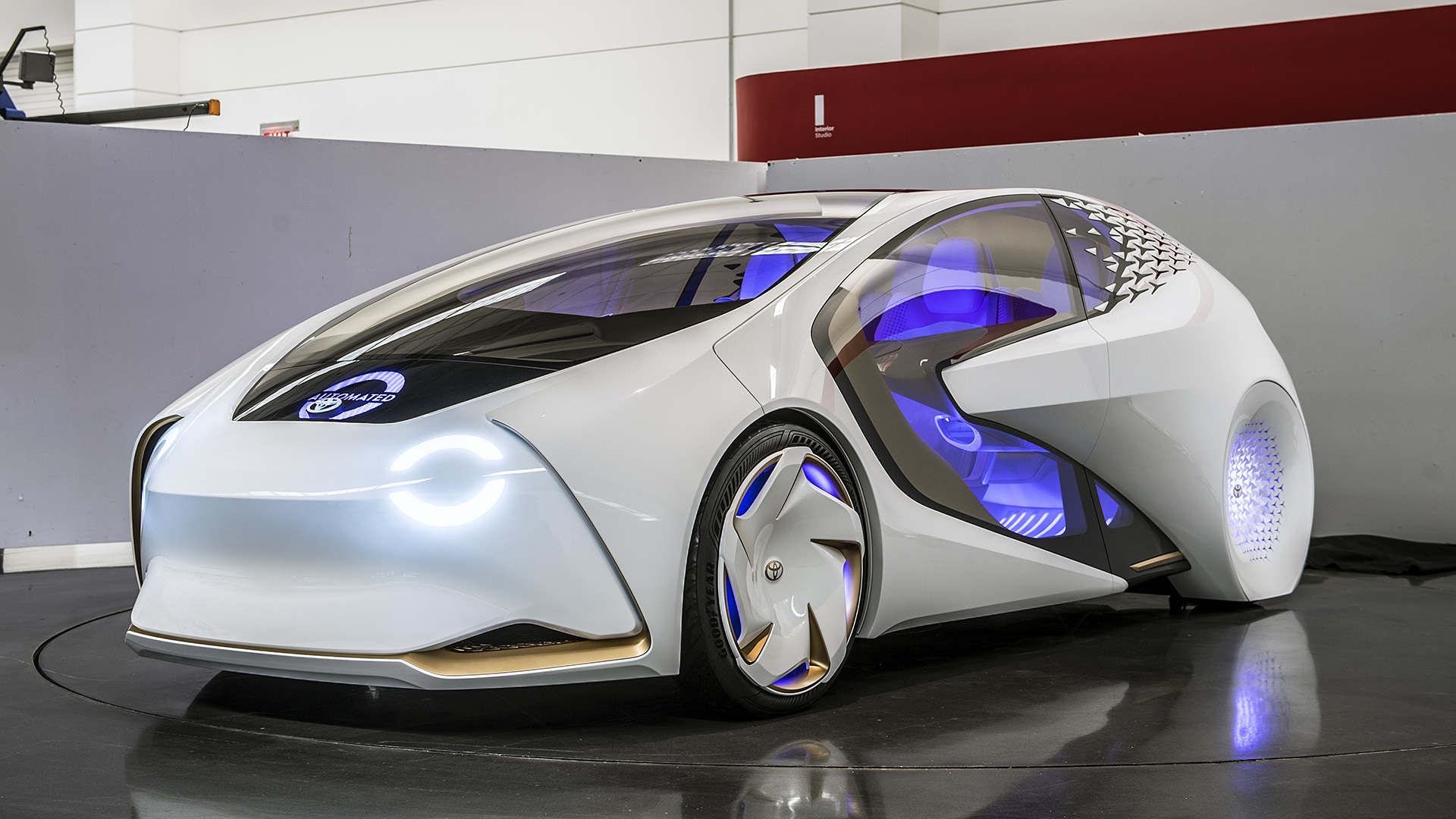The AI Effect: How Technology is Reshaping Silicon Valley, long considered the global epicenter of innovation, is experiencing an unprecedented shift. As technology continues to evolve at an exponential rate, AI impact on tech employment has become a central theme in discussions surrounding the future of work. Artificial Intelligence (AI), once a distant dream, has rapidly moved from the realm of theory to practical applications, fundamentally altering the way people work and the kinds of jobs that are available in one of the most dynamic tech hubs in the world.

A New Era for Silicon Valley
The winds of change in Silicon Valley are not just blowing—they are creating a new, transformative ecosystem where AI impact on tech employment is both a boon and a challenge.Today, however, AI is moving to the forefront, redefining roles, responsibilities, and even entire industries.
Historically, Silicon Valley was home to engineers, designers, marketers, and managers who relied heavily on their technical skills and creativity to push the boundaries of possibility. With the rise of AI, those boundaries are expanding in new, surprising directions. AI technology is capable of handling routine tasks, analyzing vast amounts of data, and even offering predictive insights that were once reserved for the sharpest human minds. This has led to a dramatic shift in what skills are in demand and what roles are necessary.
The Rise of Automation and AI
Automation, powered by AI, is transforming industries across the board, but its impact on tech employment is particularly profound. In Silicon Valley, where tech companies are constantly looking for ways to innovate, AI has become an indispensable tool for improving efficiency, reducing human error, and cutting costs.
The AI impact on tech employment is not just about job displacement, though. While some roles are becoming obsolete, others are emerging in the wake of AI-driven advancements. The demand for AI specialists, data scientists, machine learning engineers, and AI ethicists is higher than ever. Moreover, traditional roles are evolving, with tech companies now requiring professionals who can work alongside AI systems to design, implement, and maintain them.
AI is also affecting the way products are developed in Silicon Valley. In the past, tech companies were heavily reliant on large teams of engineers to write lines of code and troubleshoot issues. Today, AI tools can assist in automating code generation, testing, and bug fixing. This not only accelerates development cycles but also reshapes the skill sets needed by employees. Engineers now need to collaborate more with AI systems rather than simply writing code from scratch.
The Human-AI Collaboration
While AI is taking over many repetitive and time-consuming tasks, the relationship between humans and machines is not purely adversarial. Instead, there is a growing emphasis on collaboration. Humans bring creativity, intuition, and emotional intelligence to the table, while AI offers precision, speed, and the ability to process vast amounts of data in real-time. This synergy is creating new opportunities in Silicon Valley that were unimaginable a few years ago.
AI-powered tools can augment human capabilities in ways that were previously thought to be the domain of science fiction. For instance, data scientists can now use AI to identify patterns in data that might have taken months or even years to uncover. Similarly, designers can use AI to generate innovative solutions and creative designs, pushing the boundaries of what is possible.
This shift is having a significant impact on the workforce. For example, a software developer who once focused solely on coding may now find themselves working closely with AI systems to optimize their code and improve performance. This kind of collaboration is not only increasing productivity but also leading to more fulfilling and intellectually stimulating work.
The Changing Nature of Job Roles
As AI continues to evolve, so too does the nature of job roles in Silicon Valley. For example, customer service representatives, who traditionally answered calls and responded to inquiries, are increasingly using AI-powered chatbots to handle basic queries. This allows them to focus on more complex customer issues that require human empathy and problem-solving.
Similarly, in the field of software development, AI tools are helping developers identify and fix bugs more efficiently. The role of a developer has shifted from simply writing code to optimizing it and ensuring that AI-driven systems are functioning as intended. This transformation requires workers to adapt to new ways of thinking and problem-solving.
The AI impact on tech employment is also evident in how companies are structuring their teams. Cross-functional teams that include AI specialists, engineers, designers, and business analysts are becoming more common.
Upskilling and Reskilling: A New Workforce Paradigm
One of the most significant consequences of the rise of AI is the increased demand for upskilling and reskilling. Workers in Silicon Valley are recognizing the need to continuously evolve their skill sets to remain relevant in an AI-driven world. While AI may replace certain repetitive tasks, it also creates opportunities for those who are willing to learn new technologies and embrace change.
Reskilling programs are becoming a vital component of many tech companies’ strategies to remain competitive. Organizations are investing in training programs that help workers develop expertise in AI, machine learning, and data analysis. By doing so, they are ensuring that their workforce remains adaptable and capable of navigating the changing landscape of tech employment.
The concept of lifelong learning has never been more relevant. Employees who once specialized in traditional coding languages are now turning to machine learning algorithms, neural networks, and AI-driven software development tools. This shift is not just limited to technical roles; even those in marketing, sales, and management are finding that a basic understanding of AI and its applications is becoming essential.
Ethical Considerations and the Future of AI in Silicon Valley
As AI continues to shape the future of Silicon Valley, ethical considerations are becoming a key area of focus. The AI impact on tech employment is not just about the jobs being created or displaced; it also raises important questions about the fairness, transparency, and accountability of AI systems. Companies and workers alike must grapple with issues such as bias in AI algorithms, the privacy of personal data, and the potential for AI to exacerbate inequality.
For instance, as AI systems become more prevalent in hiring processes, there is a growing concern about the potential for algorithmic bias. In response, there is a growing push for greater diversity in AI development teams and for the implementation of rigorous ethical standards in AI design and deployment.
Moreover, as AI increasingly becomes integrated into everyday work, the question of accountability arises. Who is responsible if an AI system malfunctions or causes harm? These are difficult questions that tech companies and regulators will need to address in the coming years.
Conclusion: Embracing the AI Revolution
The AI impact on tech employment is far-reaching and transformative. While the rise of AI may bring about job displacement and require significant adaptation, it also creates a wealth of new opportunities for those who are willing to embrace change. The key to thriving in this new era is not resisting AI, but learning to work with it. By fostering collaboration between humans and AI, Silicon Valley is paving the way for a future where technology and humanity coexist and enhance one another.
As the tech industry continues to evolve, those who are able to stay ahead of the curve by developing AI-related skills will be well-positioned to succeed. The workforce of the future will not be one that is defined by the jobs it loses to automation, but by the innovative roles it creates in response to new technological advancements. Silicon Valley, once the birthplace of the personal computer and the internet, is now leading the charge in shaping a world where AI is a central player in the future of work.






